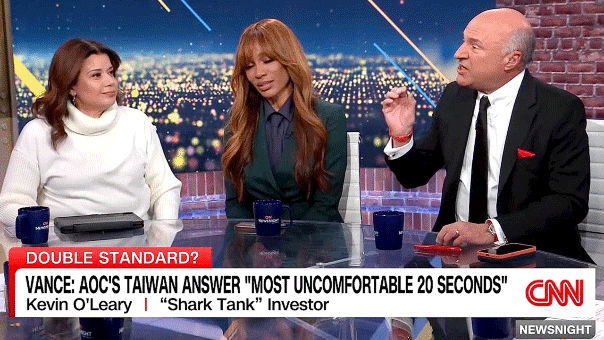Interracial Couple Fights Critical Race Theory: 'Are We Both the Oppressor and Oppressed?'
The irony is that CRT threatens to re-segregate America, the very thing that the Oak Park citizens of the 1960s fought against.
National Public Radio (NPR) took a swing at Republicans who are denouncing and trying to stop the implementation of critical race theory in U.S. schools, asserting that their opposition is a political motive for next year's midterm elections.
The report’s framing sparked outrage on social media, as figures like Republican commentator Matt Whitlock criticized NPR’s one-sided take.
"Interesting framing — no examples of CRT being implemented in a number of places, and no commentary about 1619 being torn apart by historians," he tweeted. "It suggests R’s just picked this fight out of the sky because Trump, which is not true for anyone following."
Psychology professor Geoffrey Miller responded, calling critical race theory a "toxic cult that promotes racial hatred & race war."
"@NPR used to be against racial hatred & race wars," he added. "What changed?"
Gold Institute for International Strategy senior fellow Matthew Brodsky asserted that critical race theory is not a truly academic approach as described by NPR.
"It’s not ‘an academic approach.’ It’s a revisionist history viewed through a selective prism that colors everything. When you wear red lenses in your sunglasses, everything looks red. When you view everything through critical race lenses, everyone is a racist," he tweeted.
Christopher Rufo, senior fellow of the Manhattan Institute and notable critic of critical race theory, called NPR "National Propaganda Radio."
Rufo has been a leading activist in helping state and local governments in banning CRT curriculum from being taught in schools and highlighting CRT employee training in businesses and corporations. Earlier this year, Rufo formed a network of private attorneys and conservative organizations to combat critical race theory.
CLICK HERE TO GET THE FOX NEWS APP
NPR promoted the importance of critical race theory while blaming former President Donald Trump for causing partisanship on the issue after his signing of an executive order banning certain racial sensitivity training for federal contractors.
"Since then, the issue has taken hold as a rallying cry among some Republican lawmakers who argue the approach unfairly forces students to consider race and racism," the report reads.










































